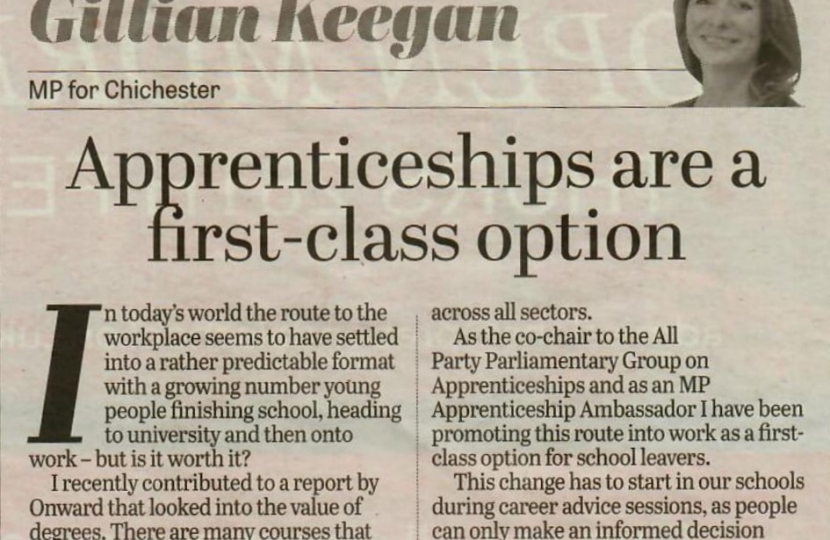
In today’s world the route to the workplace seems to have settled into a rather predictable format with a growing number young people finishing school, heading to university and then onto work – but is it worth it? I recently contributed to a report by Onward that looked into the value of degrees. There are many courses that are hugely valuable across a range of fields that allow people to enter different jobs and provide the skills necessary for their future career. However, in some cases people leave with huge debts and little prospect of paying it off with as many as a tenth of graduates not passing the income threshold of £25,000 even a decade after graduation.
Personally, I never went to university, instead I went straight to work as an apprentice in a car factory. Which meant I got a business degree, alongside years of real-world business experience with no student debt; in fact, quite the opposite, I was earning. Then, as today, technical education, apprenticeships, and a range of degree apprenticeships are seen as the poor relation, but times are changing. In recent years we’ve seen the rise of higher level technical education, and millions of apprenticeships starting across all sectors. Including at Chichester University where they offer 18 courses from engineering to digital marketing.
As the Co-Chair to the All Party Parliamentary for Apprenticeships and as an MP Apprenticeship Ambassador I have been promoting this route into work as a first-class option for school leavers. This change has to start in our schools during career advice sessions, as people can only make an informed decision once every option is on the table. I’m working to ensure there’s real access to high-quality degree-level and higher-level apprenticeships and that they’re available to all those that wish to choose that route.
Also in Westminster, the Government published their Domestic Abuse Bill that will focus on supporting victims of physical, emotional and economic abuse. Currently 6% of people around the country fall victim to this, especially women who on average are twice as likely to be abused. The Bill will also establish a Domestic Abuse Commissioner and introduce new protection orders to better protect victims. Locally, our Police and Crime Commissioner, Katie Bourne is running a pilot scheme to help change the behaviour of abusers. Today 28% of the worst cases are repeat offenders and the scheme has reduced risk to victims by over 50%, so it is a very welcome step in the right direction.
